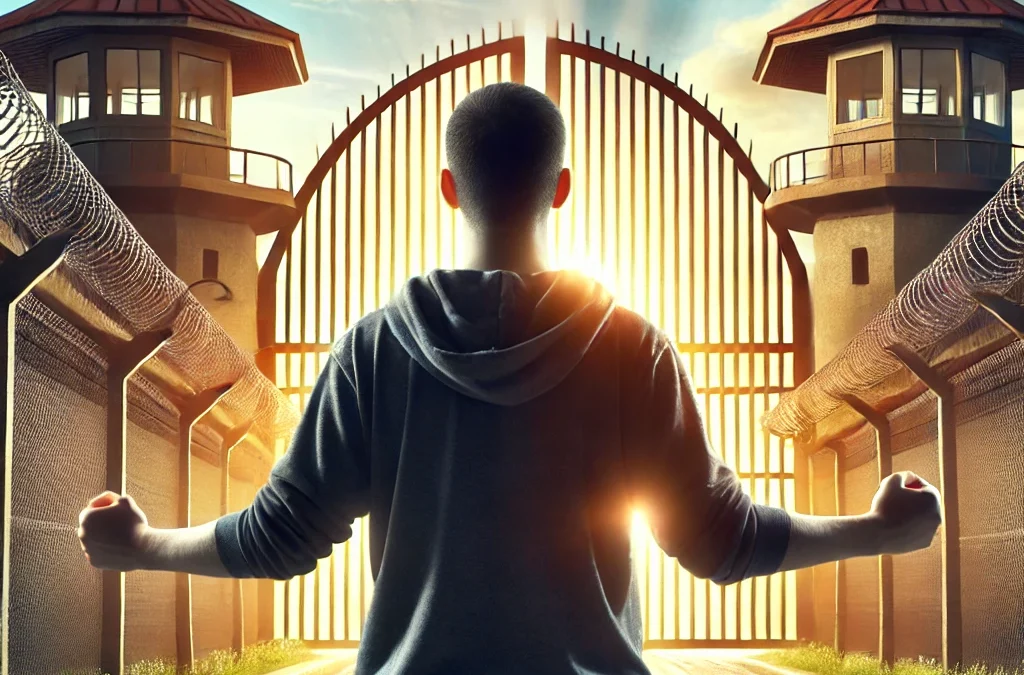Wrongfully Convicted Individuals
In today’s society, the issue of wrongful convictions has increasingly come to light, shedding a spotlight on the flaws and injustices within the criminal justice system. This blog post will delve into the personal accounts of individuals who have been wrongfully convicted and their journey towards redemption. Through their stories, we hope to raise awareness of these injustices and advocate for change.
Background
Wrongful convictions occur when individuals are found guilty of a crime they did not commit. This can be due to various factors such as witness misidentification, false confessions, faulty forensic evidence, and inadequate legal representation. The repercussions of wrongful convictions can be devastating, not only for the individuals involved but also for their families and communities.
Key Issues
The personal accounts of wrongfully convicted individuals serve as powerful narratives that highlight the flaws within the criminal justice system. These individuals have faced unimaginable challenges, from unjust imprisonment to the loss of years of their lives. Despite these hardships, many of them have found strength and resilience in their quest for justice and redemption.
Case Studies / Examples
One poignant example is the case of exonerated prisoner Anthony Ray Hinton, who spent 30 years on death row for a crime he did not commit. His story is a testament to the resilience of the human spirit and the injustices that can occur within the legal system. Through his perseverance and the help of dedicated advocates, Hinton was finally exonerated and released from prison in 2015.
Another significant case is that of Steven Avery, who was wrongfully convicted of sexual assault and attempted murder in 1985. Avery spent 18 years in prison before DNA evidence proved his innocence, leading to his exoneration in 2003. His case brought national attention to the issues of wrongful convictions and the need for criminal justice reform.
Expert Insights
Legal experts and advocates have long been fighting for reforms within the criminal justice system to prevent wrongful convictions. They emphasize the importance of comprehensive legal representation, the use of DNA evidence, and the need for independent oversight to ensure fair and just trials.
Conclusion
The stories of wrongly convicted individuals shed light on the flaws within the criminal justice system and serve as a call to action for reform. By sharing these narratives, we hope to raise awareness of the injustices that occur and advocate for change to prevent future wrongful convictions.
Call to Action
We encourage readers to educate themselves about wrongful convictions and support organizations that work towards exoneration and justice for the wrongfully convicted. By raising awareness and advocating for change, we can work towards a more fair and just legal system for all.
Additional Resources
- The Innocence Project
- The National Registry of Exonerations
- “The Sun Does Shine” by Anthony Ray Hinton
- “Just Mercy” by Bryan Stevenson
References
Hashtags: #WrongfulConvictions #Injustice #Redemption #CriminalJusticeSystem #LegalSystem

